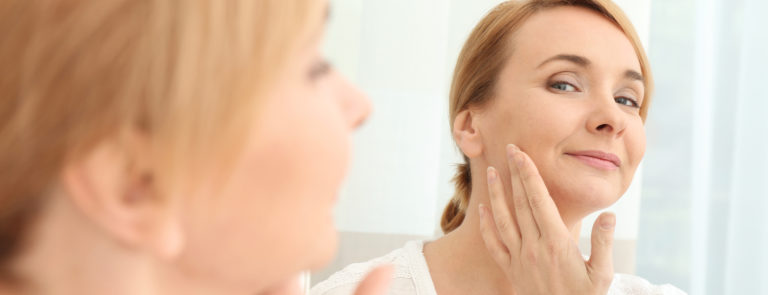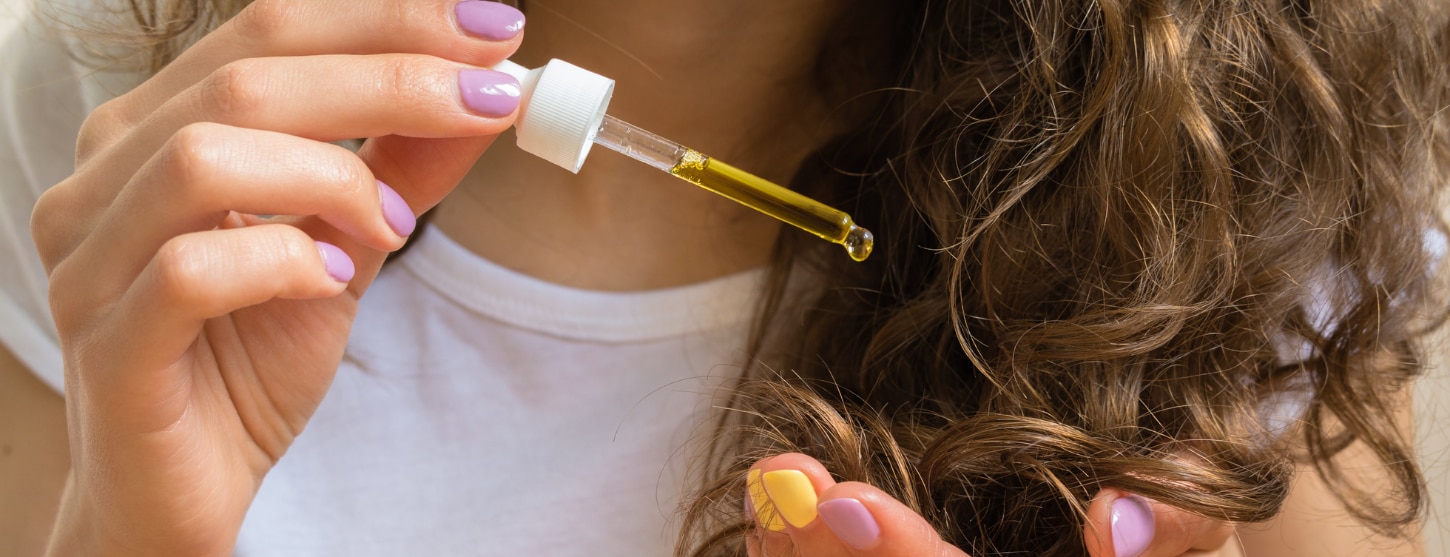20% off €35
9 ways to protect your hair and scalp from the sun

Summary
1Why do I need to take extra care with my scalp?
Sunburn might feel like a temporary sting, but it’s actually a sign of damage from UV rays, whether from the sun or a sunbed...
2How can I prevent scalp sunburn?
There are a variety of ways to help prevent scalp sunburn, including skin or scalp sun cream, proper application, knowing what areas...
3Ways to protect your hair and scalp from the sun
Add sun cream application to your morning routine to protect your whole body, including your hairline and scalp, every day, not just...
What's scalp sunburn?
Scalp sunburn is just like any other sunburn and it’s easier to get than you might think. While it may seem harmless, repeated sunburn can increase the risk of long-term skin damage. That’s why it’s so important to protect your scalp with SPF, pop on a hat, seek shade and take simple steps to stay safe in the sun.

- redness
- soreness
- hot skin
- flaking and peeling after a few days
How can I prevent scalp sunburn?

- suncream over SPF30
- proper application
- knowing what areas to protect
- protective skin care
- hats
- staying out of the sun
What’s the link between sunburn and skin cancer?
Sunburn might feel like a temporary sting, but it’s actually a sign of damage from UV rays, whether from the sun or a sunbed.
In the UK, research shows that 9 out of 10 cases of melanoma – the most serious type of skin cancer – could be prevented with proper sun protection and by avoiding sunburn. So a little SPF goes a long way.2,3
Why do I need to take extra care with my scalp?
A 2008 study of over 50,000 people with melanoma found that those with melanomas on the scalp or neck had a lower survival rate compared to those with melanoma in other areas.4
9 ways to protect your hair and scalp from the sun
You don’t need blazing sunshine to get UV exposure – those rays are still around on cloudy days. While applying suncream every single morning might not always happen, try to make it part of your routine when you know you’ll be spending time outdoors.
Don’t forget your hairline and scalp, especially if you’re heading out for a walk, run or day in the sun and remember to top up throughout the day if you’re out and about.
You can use regular sunscreen if you wish, in fact, this would also be great for your scalp! However, it may leave your hair looking and feeling greasier than using a specific hair one.
There are also specific sun protection products for your hair that can help protect it. From straight up SPF hair sprays, to conditioners, oils and even dry shampoo.
The final say
The advice in this article is for information only and should not replace medical care. Please check with your GP or healthcare professional before trying any supplements, treatments or remedies. Food supplements must not be used as a substitute for a varied and balanced diet and a healthy lifestyle.
- NHS. Sunburn [Internet]. London: National Health Service; [cited 2025 May 20]. Available from: https://www.nhs.uk/Conditions/Sunburn/
Cancer Research UK. How the sun and UV cause cancer [Internet]. London: Cancer Research UK; [cited 2025 May 20]. Available from: https://www.cancerresearchuk.org/about-cancer/causes-of-cancer/sun-uv-and-cancer/how-the-sun-and-uv-cause-cancer
-
Melanoma Focus. UK public ignoring skin cancer risks [Internet]. London: Melanoma Focus; 2023 May 2 [cited 2025 May 20]. Available from: https://melanomafocus.org/news-blog/uk-public-ignoring-skin-cancer-risks/
-
Lachiewicz AM, Berwick M, Wiggins CL, Thomas NE. Survival differences between patients with scalp or neck melanoma and those with melanoma of other sites in the Surveillance, Epidemiology, and End Results (SEER) program. Arch Dermatol. 2008 May;144(5):515–21. doi:10.1001/archderm.144.5.515.




